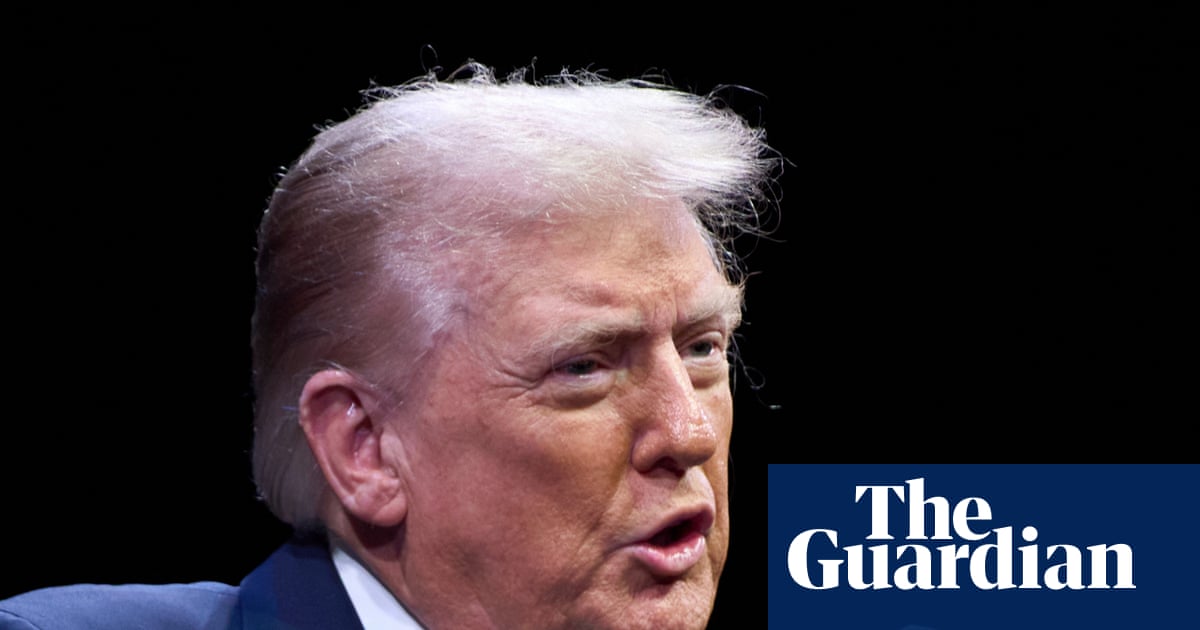
"EU officials are meeting with their US counterparts to discuss what could be the first coordinated transatlantic sanctions against Russia since Donald Trump returned to the White House. The US president, who has previously stepped back from financial threats to Russia, has this week said he is ready to move to a second stage of sanctions. Their form, if they were to come, is however not yet clear."
"Since Vladimir Putin launched the full-scale invasion of Ukraine in February 2022, Kyiv's western allies have sanctioned more than 2,500 people and entities, including Putin himself, ministers, oligarchs, military commanders, propagandists, state and private companies aiding the war. Soon after the Russian tanks rolled in, western allies froze an estimated $335bn (300bn) of Russian central bank assets; cut many Russian banks out of the international financial system via a ban on use of the Swift messaging service;"
"Measures so far have not proved nearly enough to induce Moscow to stop the war. Russia has vital lifelines via energy sales and middlemen in non-western countries that sell on sanctioned goods. While western countries quickly banned imports of Russian coal which could be easily replaced oil and gas proved more problematic, especially for the EU. The EU has banned most Russian oil imports, but granted an exemption to Hungary and Slovakia, and still gets 3% of oil imports from Russia."
EU and US officials are meeting to discuss potential coordinated transatlantic sanctions against Russia following the US president's statement that he is ready to move to a second stage of sanctions. Russia is the most sanctioned country globally, with western allies sanctioning over 2,500 people and entities since February 2022, including top officials, oligarchs, commanders and companies aiding the war. Western measures froze roughly $335bn of Russian central bank assets, cut many Russian banks off via a SWIFT ban, froze sales of military equipment, restricted consumer exports, and banned Russian diamonds. Additional travel bans and asset freezes targeted human rights abusers. Sanctions have not stopped the war because energy sales and non‑western middlemen sustain Russia, and oil and gas remain difficult for the EU to replace; the EU banned most Russian oil but granted exemptions and still imports small percentages of oil and gas from Russia.
Read at www.theguardian.com
Unable to calculate read time
Collection
[
|
...
]